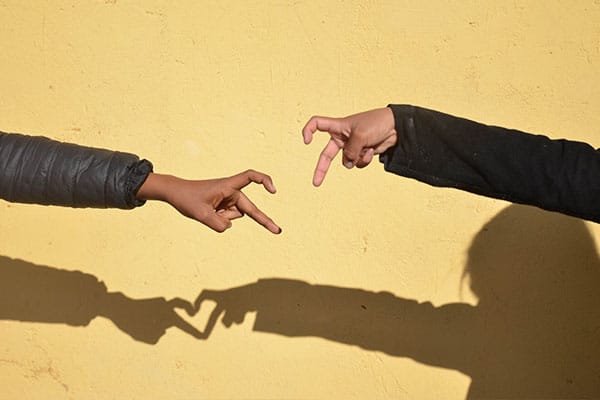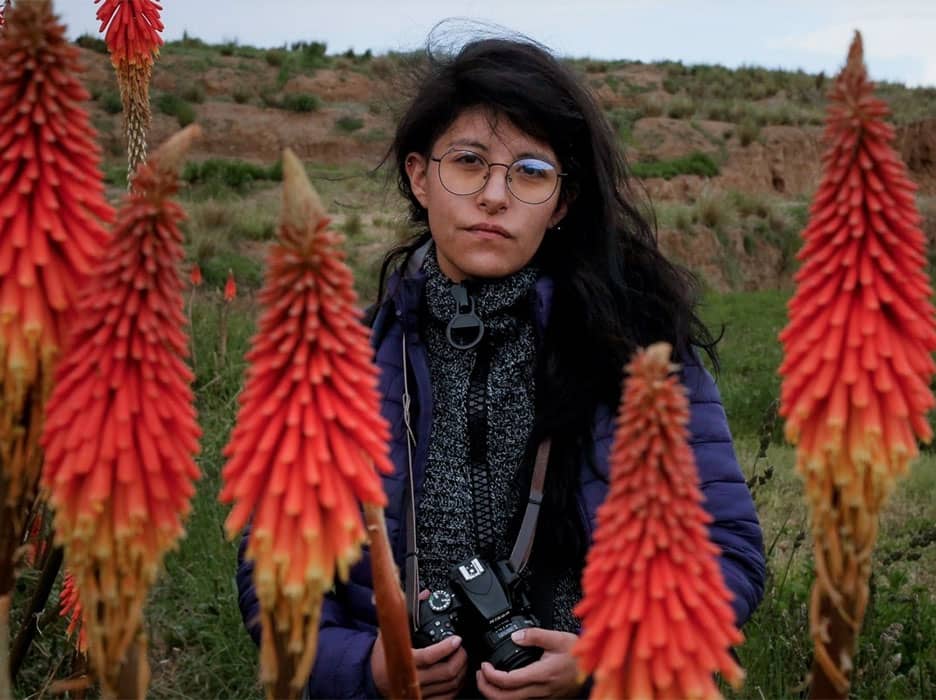
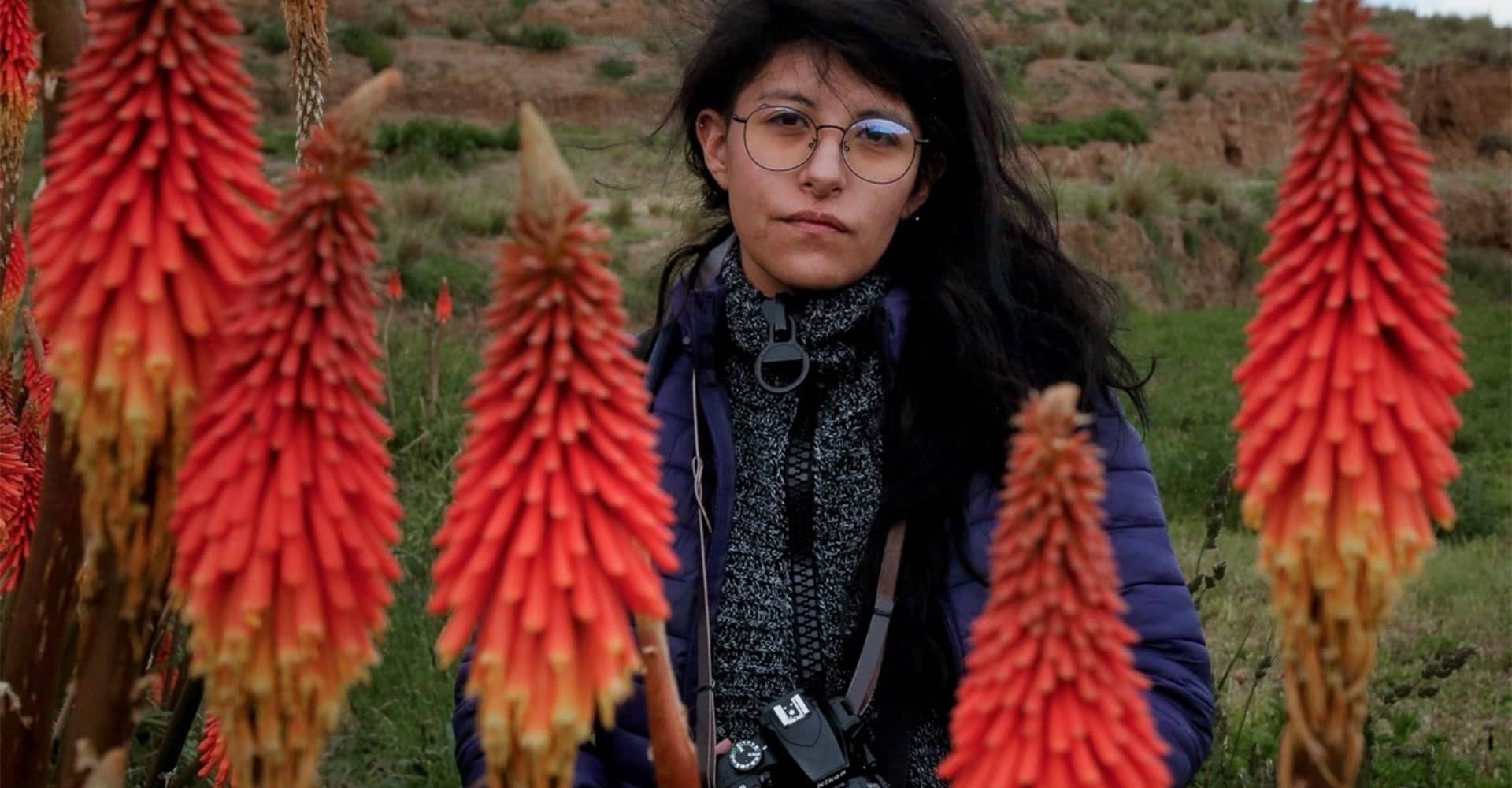
Meet Noemi Gonzales, a dynamic individual with a degree in Social Communication Sciences and a genuine passion for visual arts. In her role as the Photo Start Regional Coordinator for South America, Noemi is working tirelessly to establish links between institutions and spreading the mission and objectives of Photo Start – a program aimed at using photography as a tool for empowerment.
Noemi is leading a movement that employs therapeutic photography to empower vulnerable youth. Her compelling journey, shared at the Annual Seminar of Visual Cultures, unfolds a narrative of resilience, creativity, and profound personal growth.

The Path to the Annual Seminar
Noemi’s journey to the Annual Seminar of Visual Cultures began with her participation as an emerging visual artist in the same seminar the previous year. The theme then, “The City in Our Cameras, Street Photography Made by Women,” foreshadowed her current focus on therapeutic photography. This year, the Pedagogy area of the National Museum of Art directly invited her to present a paper. The theme, “Capturing Resilience: Photography as a Therapeutic Medium for Women Victims of Violence,” garnered enthusiasm, leading Noemi to secure necessary permissions from their partner organization, the Munasim Kullakita Foundation, to showcase the impactful work done.
Her journey with Munasim Kullakita began through a contact at a human rights film festival. This encounter opened her eyes to the crucial work of the organization and the challenges faced by communities in El Alto, a rapidly developing city grappling with social issues.
Driven by a desire to support these communities, Noemi presented a proposal for a photography workshop. This initiative aimed to extend support to various population groups, ranging from survivors of trafficking and single mothers to young leaders and informal traders. Munasim Kullakita addresses multifaceted challenges faced by the growing population in El Alto, providing support to these individuals. Noemi saw an opportunity to contribute to the foundation’s mission by proposing a therapeutic photography workshop for adolescents at the Trampolín House – a transitional shelter.
The therapeutic photography program at the Trampolín House aimed to contribute to the psychological well-being of adolescent victims of trafficking and sexual abuse. Noemi elaborates on how the curriculum focused on self-exploration, emotions, interpersonal relationships, and the projection of personal history through the lens of photography.
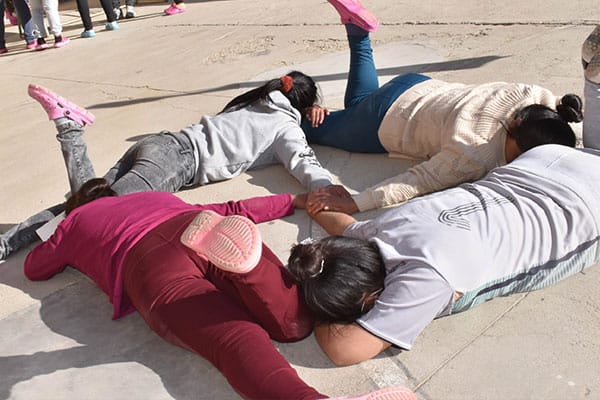
Therapeutic Photography as a Catalyst for Change
The workshop was an immersive experience, and the program’s objectives were clear: to increase social empathy, foster potential recognition, and contribute to the psychological well-being of individuals undergoing challenges.
In the workshop, participants engaged in a profound journey of self-discovery through photography. They explored their inner selves, delved into emotions, examined interpersonal relationships, recognized their environment, and projected their personal histories through portraits, self-portraits, and photographs of the home and caregivers. This unique approach sought not only to empower individuals but also to initiate collective change and social transformation.
They delved into photography as a means of exploring identity and coping with the transient nature of their foster homes. The educational component of the program equipped the girls with practical photography skills, providing them with a unique mode of self-expression and reflection. The newfound skills not only bolstered their agency but also offered an alternative means of storytelling and personal narrative reconstruction.
Through the lens of a camera, emotions flowed freely. The act of creating images became a cathartic experience for the participants, allowing them to communicate their feelings visually. Noemi witnessed the power of visual storytelling as the women learned to express themselves and build deeper connections with each other. Grabbing a camera became an act of resilience, a visual language that transcended words.
The emotional expression witnessed during the image-making process was deep-rooted. The photographs served as a visual diary, documenting the every day and offering a tool for self-reflection. Visual storytelling became a cathartic experience, providing comfort and emotional support as the participants shared their stories through images.

Outcomes and Transformations
Noemi shares the positive changes observed in the participants—increased self-esteem, self-expression, and interpersonal connection. The sense of agency gained through photography is reflected in their ability to cope with adversity. The broader implications of using visual arts for therapeutic purposes became evident as the girls reconstructed their identities and developed coping skills, contributing to their overall well-being.
A Platform for Advocacy
Noemi’s experience as a speaker at the Annual Seminar of Visual Cultures was a unique opportunity to share the importance of visual arts in the therapeutic process of marginalized populations. The positive response from the institution members indicated a growing recognition of the power of art for social transformation. This experience acts as a catalyst for potential collaborations and initiatives in the future.
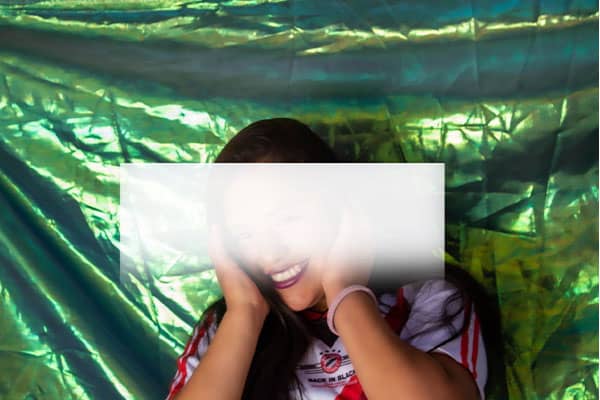
Advice for Others
As Noemi looks ahead, she encourages others to get involved or support similar initiatives in South America. Her advice is clear – collaborate with others, conduct thorough research, and maintain a clear sense of calling and inspiration. This is a recipe for reaching more adolescents and young people, ultimately enhancing their quality of life through artistic interventions.
Noemi Gonzales’s story is a testament to the transformative power of art, a reminder that even in the face of adversity, creativity can be a catalyst for healing and empowerment. Through the lens of therapeutic photography, South American youth are finding their voices, one snapshot at a time.
